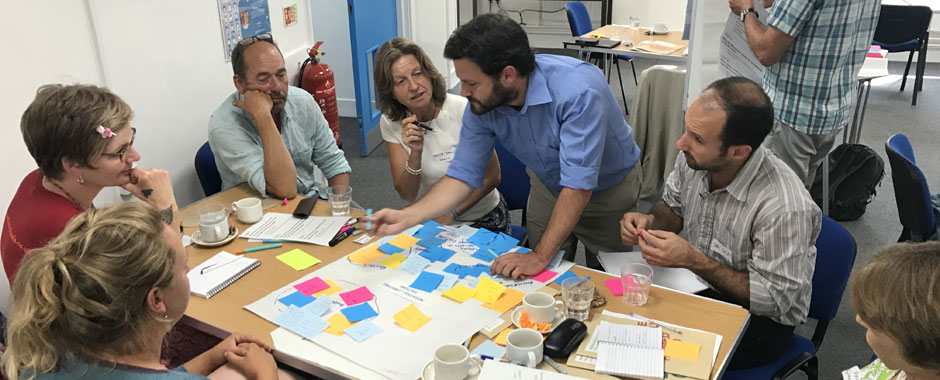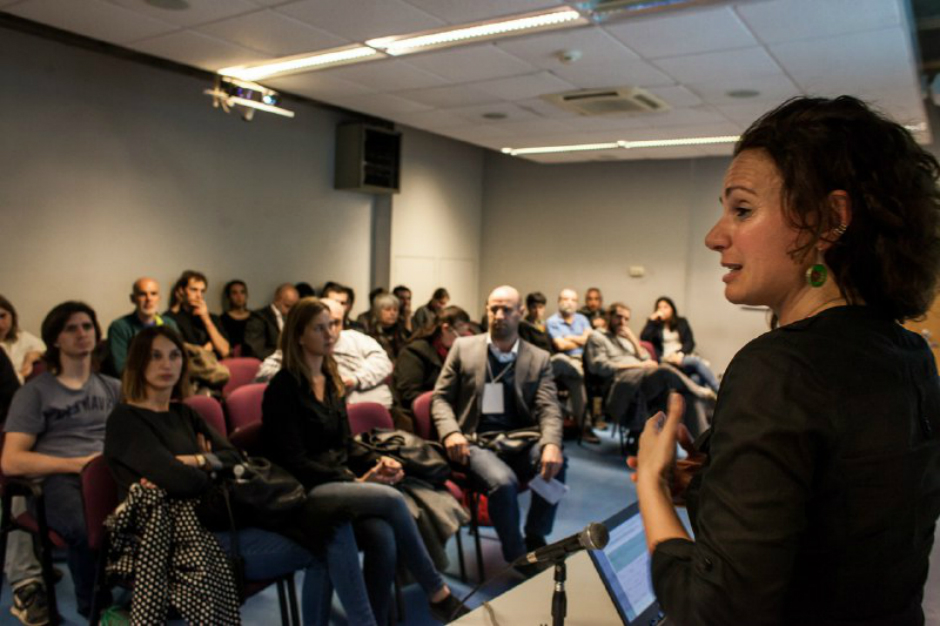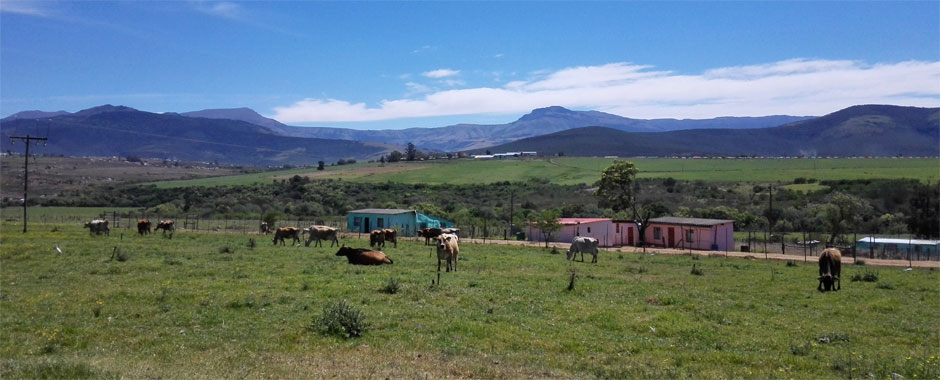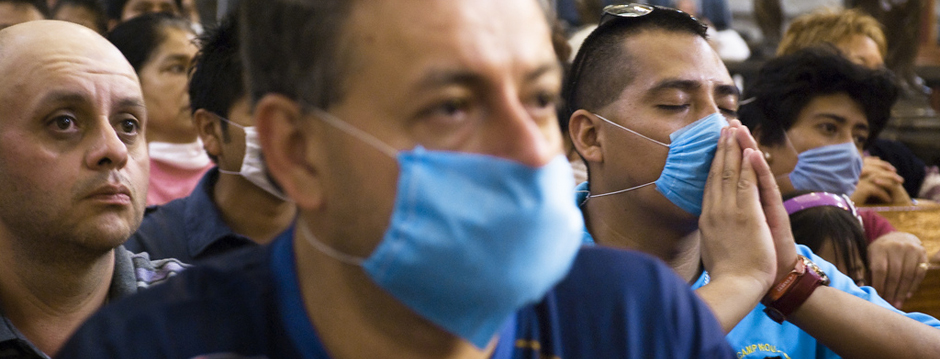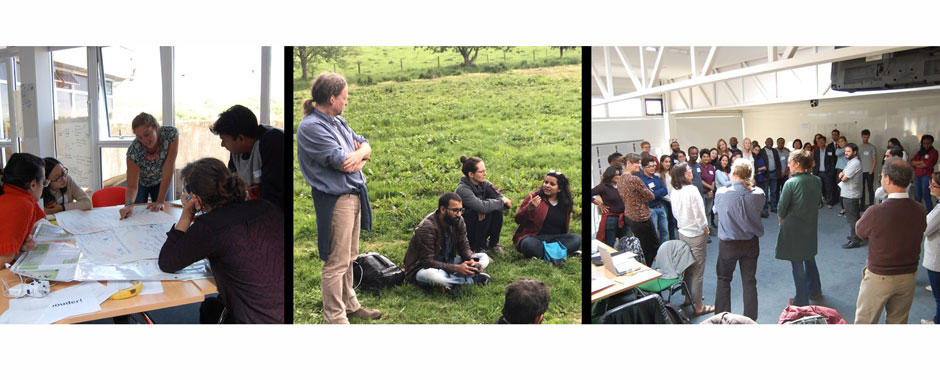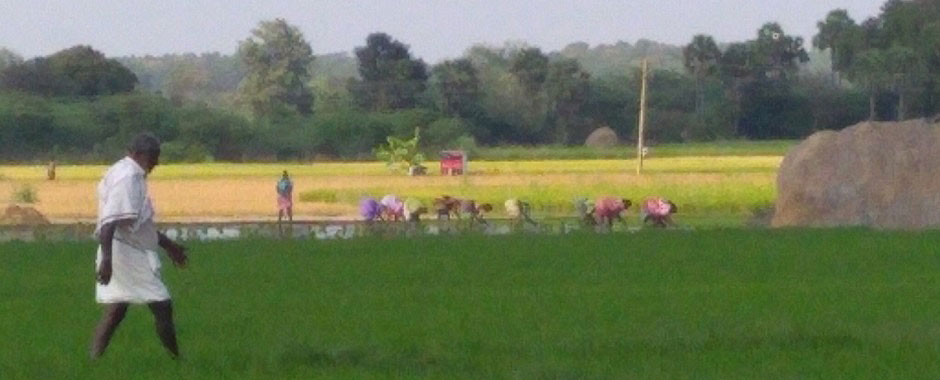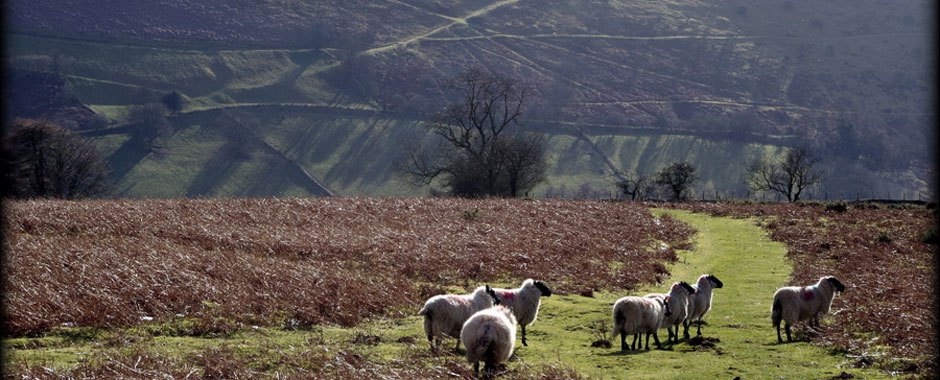by Adrian Ely and Elise Wach Since 2016 we have been involved in a small-scale project, as part of the broader ‘Pathways Network’, that has explored how to move towards…
Endings and beginnings: project-based work within wider transformations
Bioleft Project in Comunes meeting
On August 15th, Anabel Marin presented the Bioleft project within the Comunes meeting, on behalf of an interdisciplinary team of members from CENIT, the University of Buenos Aires and CONICET….
Argentina’s ‘Bioleft’ project shares its first open source seeds
Seeds were transferred from researchers to farmers for the first time under a new kind of open source transfer contract, called Bioleft, .
Is the new European ruling on GM techniques ‘anti-science’?
Frontstage rhetorics, backstage forces in current debates around the European Court of Justice ruling on GM crops There has been much commotion in the media over the past week, following…
In South Africa’s land reform, class matters
In South Africa’s former ‘homelands’ the government is trying to ‘revive’ agriculture. These areas are a legacy of the 1913 and 1936 land acts, which reserved only 13% of the…
Why politics has to be at the heart of any response to zoonoses
World Zoonoses Day, on July 6 every year, is a reminder of the continuing problem of emerging diseases, particularly those originating in animals. Zoonoses have dominated policy debates in the…
Dialogues along Plural Pathways: STEPS researchers and Summer School participants in conversation
Following the STEPS Summer School in May 2018, this blog post is a conversation convened by three participants, Nimisha Agarwal, Ankita Rastogi and Jessica Cockburn. It includes introductions to the…
Should we blame livestock for climate change?
Livestock are essential to rural economies and livelihoods across the world. But are these animals contributing to planetary destruction through greenhouse gas emissions? Estimates suggest that 14.5% of all anthropogenic…
Uncovering Transgressive Solidarities
By Divya Sharma, Relational Pathways project In the Relational Pathways project, we are trying to understand the pathways in and out of poverty for farmers in India and Kenya. ‘Green…
Wilderness for whom? Negotiating the role of livestock in landscapes
Livestock keeping is seen by some as a scourge on ‘natural’ landscapes, creating devastation through grazing and browsing. Reversion to some form of idealised ‘wilderness’ is seen as the solution,…
